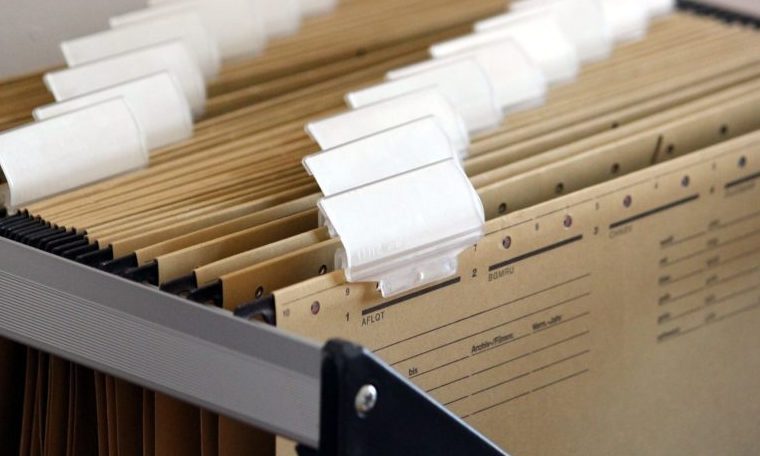Will there be coronavirus help for small company directors who are paid by dividend?

The financial plight of limited company directors has been raised by the Tory chairman of the Treasury select committee. Mel Stride, a former Treasury minister, said chancellor Rishi Sunak needs to view company directors as a tranche of people who have ‘slipped through the net’ of all the other largesse on offer to help the economy through the pandemic lockdown restrictions.






